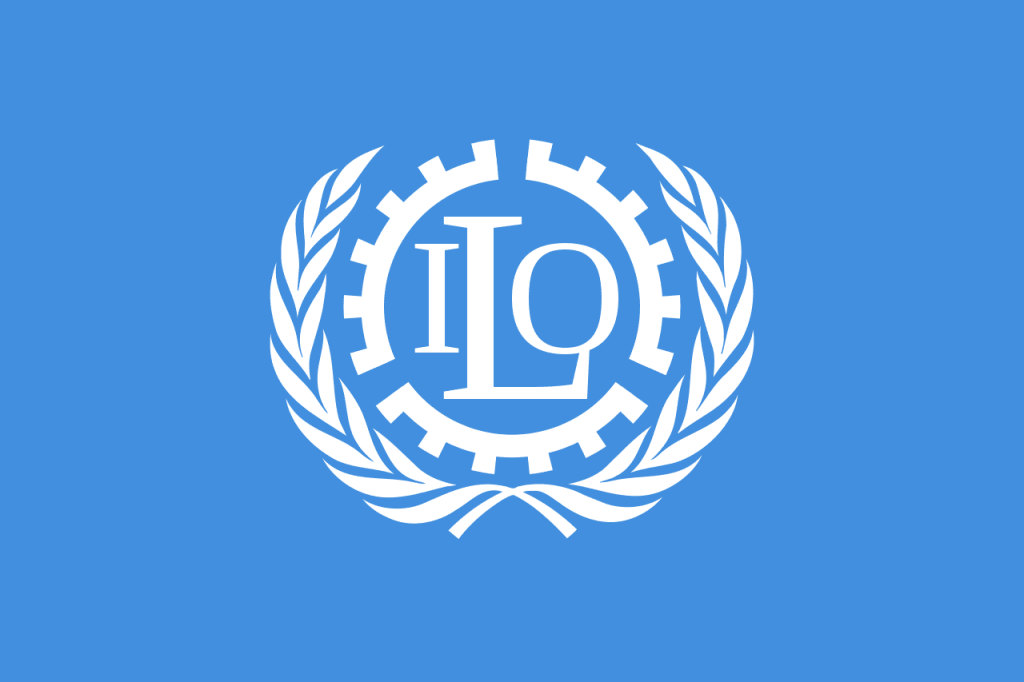The International Labour Organisation (ILO) is the UN agency that sets internationally recognised labour standards to protect the rights of workers. The ILO is made up of a social partnership of governments, employers and trade unions. ITF leads the work of the shipping and fisheries trade unions in this partnership.
What does the ILO do?
The ILO sets international labour standards through key international agreements:
· Declaration of Fundamental Rights at Work (1998) enshrines the right of workers to organise and bargain effectively, as well as freedom from discrimination and other basic employment rights
· Eight ‘core’ ILO Conventions cover the fundamental rights expressed in the Declaration. These Conventions cover:
· Forced labour
· Freedom of association and protection of the right to organise
· Right to organise and collective bargaining
· Equal remuneration
· Abolition of forced labour
· Discrimination (employment and occupation)
· Minimum age
· Elimination of the worst forms of child labour
· Major achievements of the ILO over the past few years include the adoption of the Maritime Labour Convention, 2006, and the Work in Fishing Convention.
What is the Maritime Labour Convention?
Adopted in February 2006, the ILO’s Maritime Labour Convention sets the minimum standards to ensure satisfactory conditions of employment for the world’s seafarers. It brings together and updates over 65 other ILO maritime labour instruments, while introducing a system of certification and inspection to enforce it.
Which areas does it cover?
The Maritime Labour Conventions covers:
· An employment agreement, guaranteeing decent on-board working and living conditions, to be signed by both the seafarer and the shipowner, or a representative of the shipowner
· Monthly pay, in full and in accordance with the employment agreement and any applicable collective agreement
· 14-hour work limit in any 24-hour period, 72 hours in any seven-day period
· The shipowner must pay to repatriate a seafarer in case of illness, injury, shipwreck, insolvency, sale of ship and so on
· Specific requirements for living accommodation and recreational facilities – including minimum room sizes, and satisfactory heating, ventilation, sanitary facilities, lighting and hospital accommodation.
· Access to prompt medical care when on board and in port
Ships need to comply with the Convention through holding a Maritime Labour Certificate and Declaration of Maritime Labour Compliance issued by the flag state, which must be available on board for any port state inspection.
What is the Work in Fishing Convention?
The ILO Work in Fishing Convention (No.188) was adopted in 2007 to set standards to protect workers in the fishing sector. It will come into effect when it is ratified by a minimum of 10 ILO member states (including eight coastal nations). The Convention aims to ensure that fishers:
· Have improved occupational safety and health and medical care at sea, and that sick or injured fishers receive care ashore
· Receive sufficient rest for their health and safety
· Have the protection of a work agreement
· Have the same social security protection as other workers
There are also measures to ensure compliance and enforcement. Large fishing vessels on extended voyages may be inspected in foreign ports to ensure that fishers do not work under conditions that are hazardous to their safety and health.


